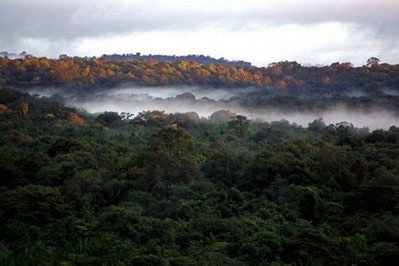AFP
Dec 2, 2009
Officer dismissed in Peru 'human-fat' killings
AFP
Dec 2, 2009
LIMA, Dec 1, 2009 (AFP) - Peru dismissed a top police investigator Tuesday 1 December as authorities probed the veracity of gruesome charges that a gang murdered dozens of people and sold their fat to foreign cosmetics traders.
 Photo: AFP/File/Jody Amiet |
Police General Eusebio Felix Murga was removed less than two weeks after telling a press conference that four Peruvians had been detained and two unnamed Italians were sought for buying human fat for as much as 15,000 dollars a liter to be used in European cosmetics.
National police chief Miguel Hidalgo told reporters that Felix Murga would be transferred to another post and that "an investigation was launched to determine the truthfulness of the case of the gang," after local news reports contradicted the police and no evidence seemed to back up the police claims.
Felix Murga said in November that a Peruvian "brotherhood" was accused of murdering at least 60 people over 30 years, using abandoned buildings in the Amazon jungle and high Andes to clandestinely butcher victims.
According to police last month, the alleged gang was named "Pishtacos of Huallaga," a reference to an Andean bogeyman said to kill and dismember victims in a region of central Peru.
They said the gang was uncovered in early November when police arrested one person in possession of 17 liters of human fat, with an apparent value of 255,000 dollars.
But experts immediately expressed doubts there was a large market in illicit human fat, saying such fat extractions had no cosmetic value.
Copyright © 2024 AFP. All rights reserved. All information displayed in this section (dispatches, photographs, logos) are protected by intellectual property rights owned by Agence France-Presse. As a consequence you may not copy, reproduce, modify, transmit, publish, display or in any way commercially exploit any of the contents of this section without the prior written consent of Agence France-Presses.

























